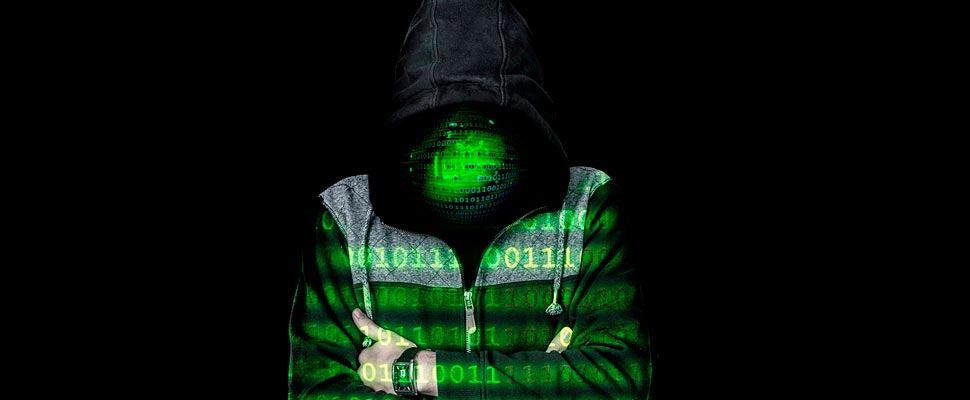What is the difference between Dark and Deep Web?
When we talk about Internet secrets, the two concepts are often used interchangeably.

We tell you the differences between the ‘deep web’ and the ‘dark web’. / Photo: Pixabay
LatinAmerican Post | Ariel Cipolla
Escucha este artículo
Leer en español: ¿Cuál es la diferencia entre Dark y Deep Web?
The Internet was a revolution for people's lives. For example, during the quarantine, new opportunities and labor modalities flourished.
Furthermore, we are seeing that the connections to the digital world are progressing more and more. In this sense, the ComputerHoy website highlights that Elon Musk, co-founder of PayPal, already has the "green light to bring satellite internet to homes", so we are talking about an impressive resource for the entire planet.
However… do we know everything about the Internet? Well, it seems not. What we know about the Internet is only the "external" layer, visible and friendly. However, some other sectors, where people with computer knowledge meet (such as Anonymous, who recently recommended removing TikTok for security reasons) remain hidden. Let's see, then, what this is all about and what are all the existing variants.
The hidden part of the Internet
A curious experiment carried out by the website of La Razón mentioned the illegal possibilities of the Darknet, where they tried, through lies, to see how the mechanism to buy weapons and drugs worked. It seems that they found all sort of illegal activities that, on the visible part of the Internet, could not be carried out, since there are certain controls and regulations.
We are talking about a part of the Internet that usually generates content related to the criminal sphere … although it is not necessarily created with that intention. To understand it, specialists liken it to an iceberg: only a small part is visible, but underneath is a gigantic base. Thus, we must delve, first, into some important concepts, which will help us to draw differences, so that you know that there are some "deep" parts that are safe.
Also read: Preventing the next pandemic
The Xataka website highlights that, in whatever way we want to enter this deep part of the Internet, The Hidden Hiki will be the starting box. It is a kind of official search engine, which works as a kind of index or a content map, where we will have different themes. For example, hosting services, forums, blogs or political activism, among others.
However, as we said earlier, not everything is the same. El Correo media highlights that 90% of Internet content “remains hidden”, that is, it is not visible by traditional methods. This does not necessarily mean that the hidden content is criminal though.
Let's define some terms first. For example, "Clearnet". It is an easy term, because it refers to the Internet as we know it. For example, Latinamerican Post is a website within the Clearnet, since, if we google it, we can enter all the articles we write. However, not everything is accessible … and that's where the differences begin.
Well, that 90% that we mentioned previously is part of the Deep Web, which, is not necessarilly illegal. In other words, a website that protects content by subscription is part of the Deep Web, something common in digital magazines or learning academies, for example. Hence, it could be said that the Deep Web is all that is hidden, in one way or another, while the Dark Web is an even smaller portion.
As the FayerWayer website highlights, the Dark Web would occupy only 0.1% of that inaccessible part of the Deep Web. This is a part that is intentionally hidden from search engines, which can be accessed with hidden IP addresses and through special web browsers. Therefore, if the Deep Web were a city, the Dark Web would only be some streets or neighborhoods.
Knowing this, only one term remains to be defined: the Darknet. The Guioteca media highlights that the Darknet is the "dark internet", which encompasses possible criminal sites that could not appear on the "normal" web.





